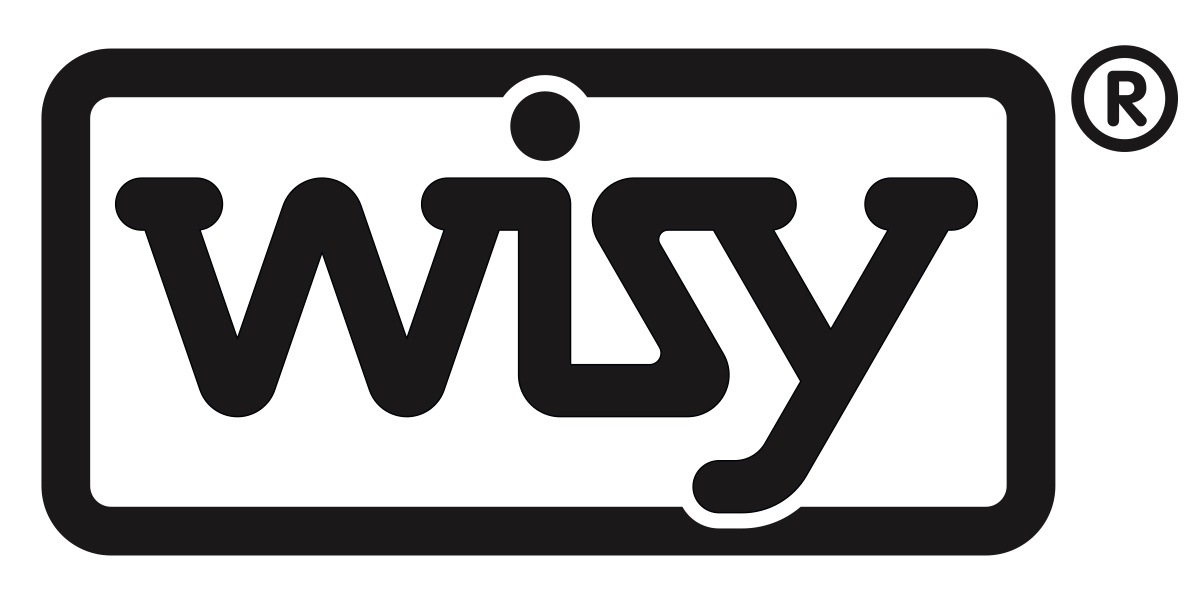Saving energy with rainwater
In many countries, water from the public supply network is to only source for people to draw their drinking water from.
In order to be available to people in sufficient quantity and quality, it is treated, transported and stored at great expense. Besides the costs, this also requires a lot of energy and sufficient raw water.
Treatment and transport of mains water to the tap are costly. About 0.6 kWh of electrical energy is needed per cubic metre(Towards efficient use of water resources in Europe, European Environment Agency, 2012).
Providing rainwater from the cistern requires only 0.15 kWh for the same quantity to reach the points of use. (WISY AspriPlus 15/3, power consumption: 600 watts, flow rate: 65 l/min).
Use of rainwater reduces CO₂ emissions
Public water suppliers in Germany provide about 4.6 billion cubic metres of tap water in drinking water quality for households and small businesses every year (Federal Statistical Office, 2012).
Consistent use of locally available rainwater and the associated energy savings could reduce German CO₂ emissions by about half a million tonnes of carbon dioxide (CO₂) annually.
Or to put it briefly: If you use rainwater, this is significantly more climate-friendly than using elaborately treated tap water.
Utilise rainwater and reduce yourCO2 footprint
Rainwater utilisation systems offer the potential to significantly reduce your CO2 footprint by reducing water consumption. Collecting rainwater and using it with the help of rainwater utilisation systems makes sense for private households as well as for businesses and public facilities.
If you are interested in rainwater utilisation, we will be happy to advise you: Contact us!





























